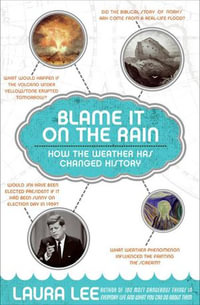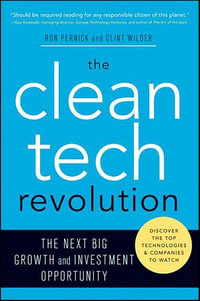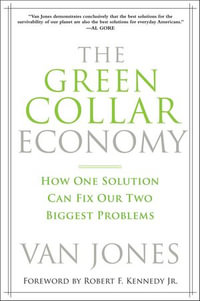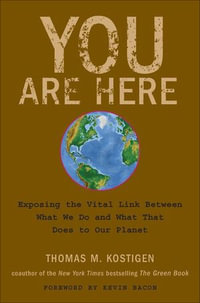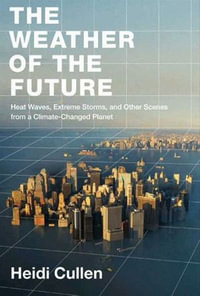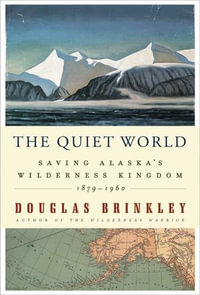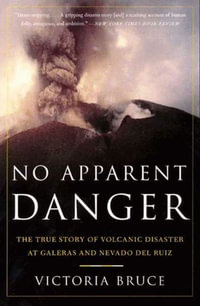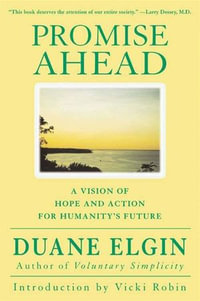
eTEXT
Decision Making for Complex Socio-Technical Systems
Robustness from Lessons Learned in Long-Term Radioactive Waste Governance
By: Thomas Flüeler
eText | 8 March 2006
At a Glance
eText
$239.00
or
Instant online reading in your Booktopia eTextbook Library *
Read online on
Desktop
Tablet
Mobile
Not downloadable to your eReader or an app
Why choose an eTextbook?
Instant Access *
Purchase and read your book immediately
Read Aloud
Listen and follow along as Bookshelf reads to you
Study Tools
Built-in study tools like highlights and more
* eTextbooks are not downloadable to your eReader or an app and can be accessed via web browsers only. You must be connected to the internet and have no technical issues with your device or browser that could prevent the eTextbook from operating.
ISBN: 9781402035296
ISBN-10: 1402035292
Published: 8th March 2006
Format: PDF
Language: English
Publisher: Springer Nature
You Can Find This eBook In
This product is categorised by
- Non-FictionEducationTeaching Skills & Techniques
- Non-FictionEarth Sciences, Geography, Environment, PlanningThe EnvironmentEnvironmental Management
- Non-FictionEconomicsPolitical Economy
- Non-FictionSciencePhysicsApplied PhysicsBiophysics
- Non-FictionEngineering & TechnologyEnvironmental ScienceSanitary & Municipal EngineeringWaste Treatment & Disposal
- Non-FictionEngineering & TechnologyEnvironmental Science
